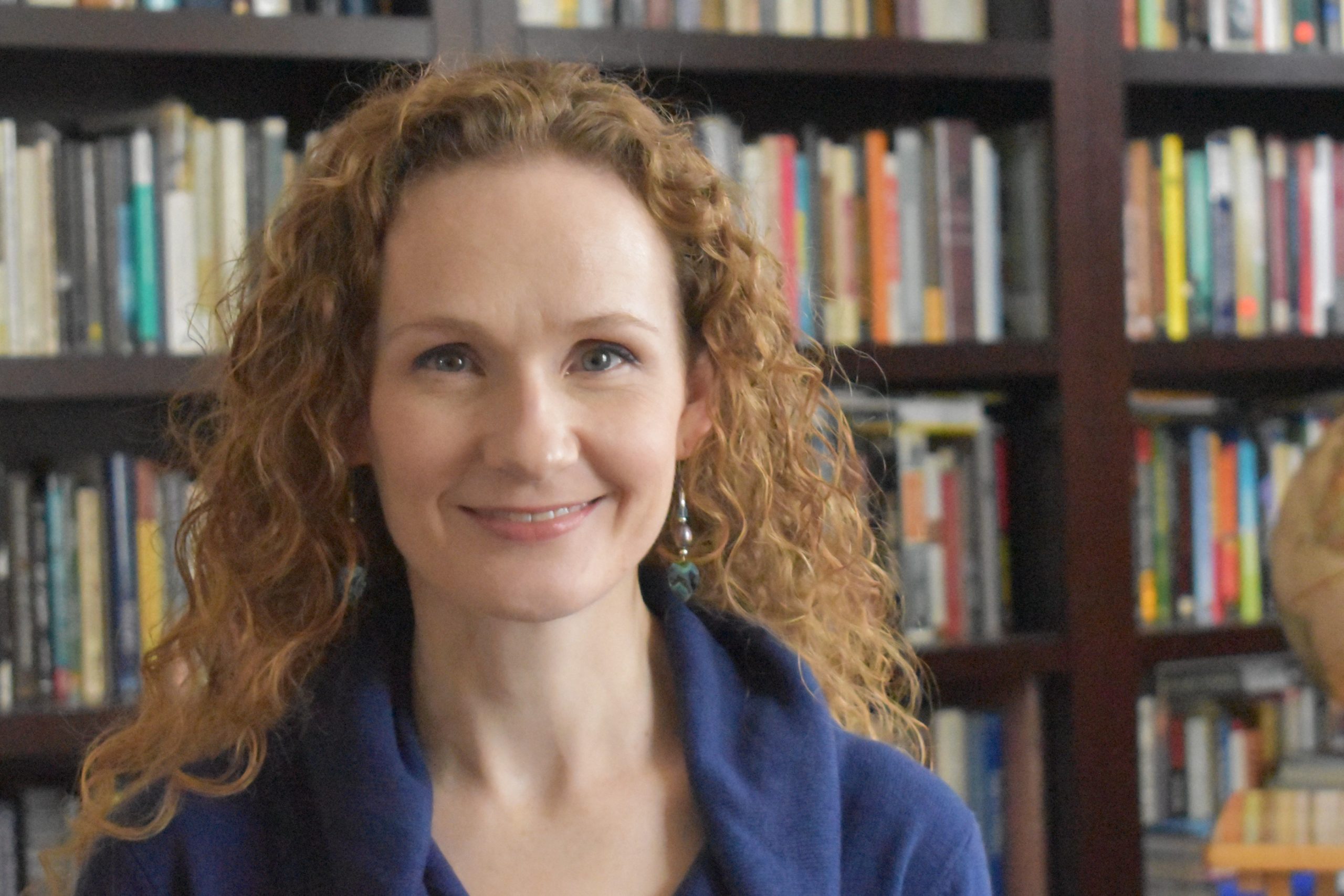When a moderator of Saturday’s Republican debate asked the field whether women should be eligible for the draft, I was surprised not that the question was raised, but that the candidates who responded affirmed it almost without comment. Surely a decision of that magnitude should have required at least cursory justification.
The reason for their nonchalance may lie in Jeb Bush’s repeated statement that there wasn’t going to be a draft. Answering in the affirmative, then, is a low-stakes way to appear egalitarian in matters gendered.
But what if we stopped to think about what the question really asked? What are the likely implications of a draft that included women?
Marc LiVecche has ably addressed in these pages the practical challenges and moral harms that integrating women into combat units pose to our soldiers and our polity. As he rightly notes, men and women are not the same, and treating them as if they were will not make them so.
Men and women differ most dramatically in their contributions to the reproductive project (the “pregnant man” Thomas Beatie aside), and this has implications for a military draft. Though not all women bear children in early adulthood, Selective Service eligibility overlaps with women’s peak fertility. This means—as has been seen among active duty women—that mothers of infants could be deployed overseas for months, or in the worst case scenario, even years at a time.
These are the realities of life for active-duty parents currently deployed. But the draft affects not the willing, but the reluctant, not the soldier, but the civilian. For the draft to be re-instituted, the United States or its allies would need to be facing an existential threat posed by an enemy whose military power matched our own. A war of that magnitude would likely have a high—potentially catastrophic—casualty rate.
Under such circumstances, women might become pregnant to avoid being drafted (or in order to be sent home). Perhaps this would simply mean an expanded category of draft exemptions for women. Good policy, however, does not create perverse incentives, as this foreseeable outcome would be. Further, creating an exemption applying to women and not to men merely proves the rule that a sex-blind draft seeks to expunge: men and women are not the same. Equality does not mean interchangeability.
Even if pregnant and nursing women were exempt from the draft, what if the unthinkable happened and half a generation perished or was wounded in combat? How would the nation rebuild its population? It was a difficult enough feat for Europe after the First World War, when only men fought and died. It would be an Herculean task if young women also died in equal measure. Sending women to war virtually guarantees that the devastation of war will linger long after the guns are silenced.
One of the principles of casuistry, the form of moral reasoning that characterizes the just war tradition, is that right judgement involves treating like cases alike and different cases differently. About twenty years ago, I read Jane Mansbridge’s Why We Lost the ERA. The basic thesis, as I recall, was that the Amendment’s opponents (led by Phyllis Schlafly) managed to persuade enough people that the ERA would not just mean that women would have equal access in employment, education, and housing, but it would also eliminate the ability to treat men and women differently in any circumstance—chief among which was pregnancy and childrearing. In this instance, Schlafly’s argument seems prescient.
The military can certainly adopt more child-friendly policies, and the branches have been reviewing and modifying policies that allowed as little as six weeks’ maternity leave before deployment. The Pentagon has also started a pilot program for freezing sperm and eggs to preserve soldiers’ fertility (a policy that may raise more questions than provide answers). These are attempts to align military practice with both private employers and public policy recommendations supporting mothers of young children.
But in discussing the draft, we are debating policies that apply to the general population, not career soldiers. Since the transition to an all-volunteer military, the draft is regarded as a last resort to be used only in the most extreme of cases. Facing that sort of threat, why would we risk women and their children?
—
Debra Erickson holds a Ph.D. in Religious Ethics from the University of Chicago. She is co-editor of the forthcoming volume: In Search of the Ethical Polity: Critical Essays on the Work of Jean Bethke Elshtain.
Photo Credit: A navigator for the 165th Airlift Squadron, hugs her son next to the flight line of the Kentucky Air National Guard Base in Louisville, Ky., Nov. 12, 2012. (U.S. Air Force photo by Airman Basic Joshua L. Horton)







 Sponsor a student for Christianity & National Security 2024
Sponsor a student for Christianity & National Security 2024